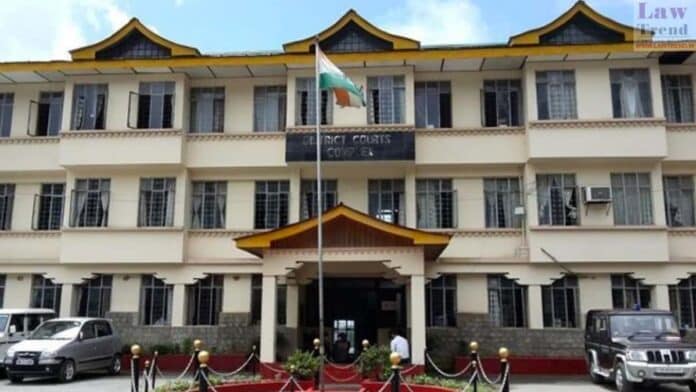In a significant judgment, the Sikkim High Court has upheld the conviction of a 24-year-old man for repeatedly raping his 80-year-old maternal grandmother. The Division Bench comprising Justice Meenakshi Madan Rai and Justice Bhaskar Raj Pradhan delivered the verdict in Criminal Appeal No. 07 of 2023. Background of the Case The case originated from a
To Read More Please Subscribe to VIP Membership for Unlimited Access to All the Articles, Download Available Copies of Judgments/Order, Acess to Central/State Bare Acts, Advertisement Free Content, Access to More than 4000 Legal Drafts( Readymade Editable Formats of Suits, Petitions, Writs, Legal Notices, Divorce Petitions, 138 Notices, Bail Applications etc.) in Hindi and English.




